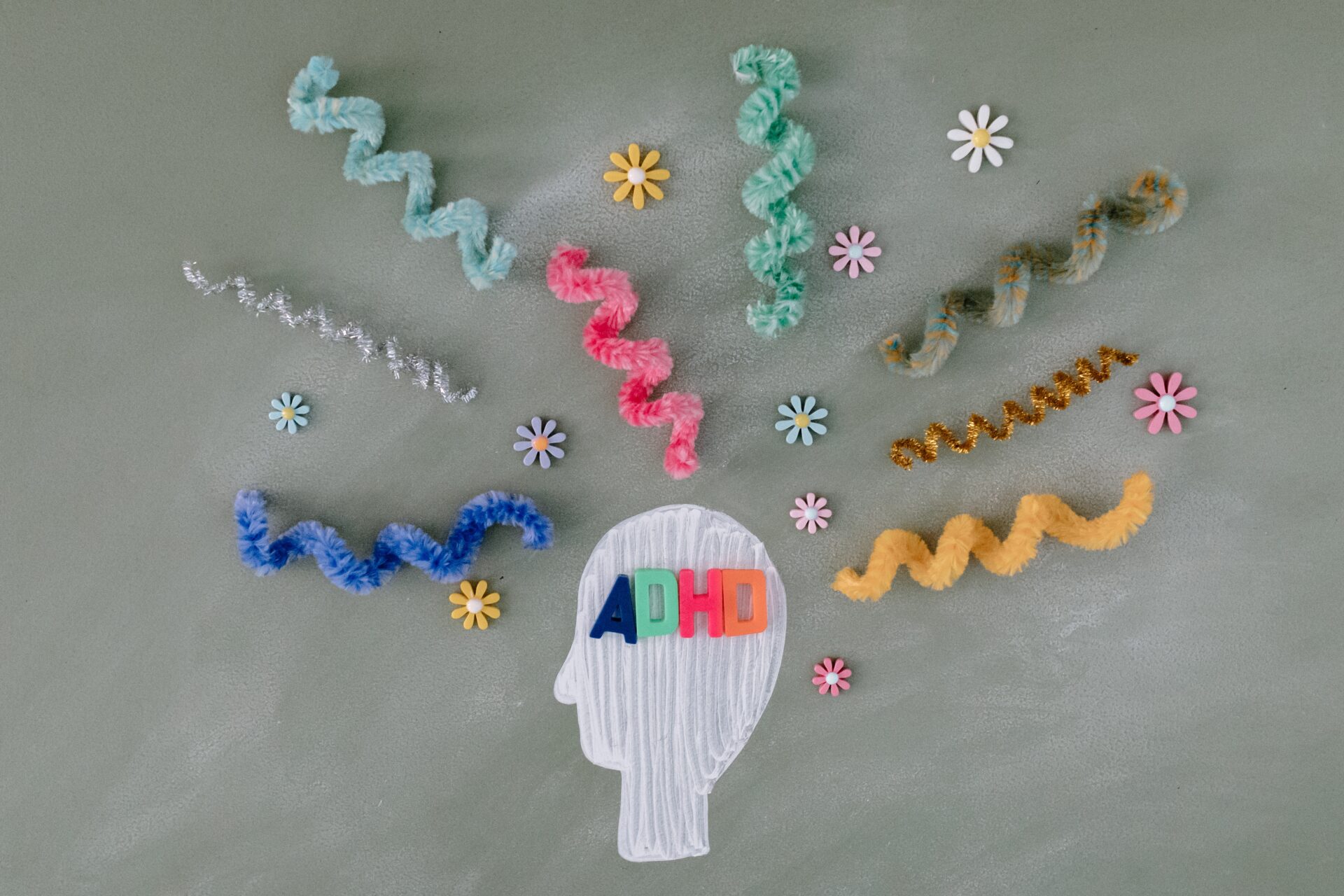For families with kiddos with ADHD, finding the proper medication is pure and utter relief. For many kids, it’s the first time they’ve been able to focus in school, keep up with their peers, and gain the academic confidence they’ve been missing. Unfortunately, there has been a dire shortage of life-changing ADHD medications like Adderall, Concerta, and Ritalin, leaving families all over the country scrambling as a new school year begins.
In an article published last week, New York Times offered readers a look into how the medication shortage has been affecting families in recent months. Some families have relied on caffeinated drinks and strenuous sports practices to keep their children comfortable, while other parents have resorted to spending hours upon hours hunting for the scarce resource. One student – a rising senior – had to go without her medication, experiencing a vicious resurgence of ADHD symptoms and ultimately barely clinging to passing grades.
On August 1st, the FDA and DEA issued a joint letter, “calling on key stakeholders, including manufacturers, distributors, pharmacies, and payors, to do all they can to ensure access for patients when a medication is appropriately prescribed.” Unfortunately, several manufacturers have already warned parents that the shortage may continue into the fall – what a way to start the new school year, right? While many students (and parents) may simply be white-knuckling it until this shortage ends, we’ve got a few tips for making this tumultuous period a bit less tumultuous. By dedicating a bit of time to improving overall executive functioning, your student can – hopefully – make class and homework a bit easier in the interim.
Have patience and grace with your child, and remind them (often!) to have patience and grace with themselves.
Shame and discouragement are the enemies of productivity. With ADHD and other forms of neurodiversity, it’s essential to remember that your brain is simply wired a bit differently – it’s not flawed and it’s not bad, simply different. Without medication, certain tasks will simply feel more difficult, but that isn’t indicative of a lack of self-control, a shortage of discipline, or an attitude problem. Instead of trying to force your child into a mold, it’s important to work with their unique abilities and strengths in order to find a system that works.
Create a system.
On that note, it’s important to set up a clear and organized system for doing things at the very beginning of the school year. This may require a bit of trial and error and it looks different for every child. Perhaps having a “To Be Completed” folder in one color and a “Complete & Ready To Turn In!” folder in another color can help them visualize what they need to do and what they need to remember to hand in. Perhaps a large wall calendar will help them visualize their tasks for each day and each week. Some students work well using timers and reward systems. The key is to create a procedure for schoolwork that can become predictable, easy to follow, and as painless as possible.
Use visualization.
Executive functioning requires a great deal of visualizing – more than you might realize. It requires “seeing” the consequences of different behavioral choices, planning ahead, and staying focused on a goal. Thus, helping your child visualize the appropriate behaviors and actions can help set them up for success. For example, your child may struggle to stay focused during an exam. Help them visualize going through each question one by one. Help them envision breaking the test down into small pieces, looking at one task at a time. Walk through what it looks like to work through the test step by step, turn it in in the appropriate place, and then take a breather to recharge. It may sound silly to do these types of visualizations, but sometimes all of the in-between “stuff” between square one and the finish line can feel blurry and overwhelming. These visualization exercises can work to demystify and ground.
Complete work in manageable chunks and take frequent breaks.
As we touched on before, completing tasks in manageable, bite-sized pieces is incredibly helpful for kids and teens with ADHD. It takes a tremendous amount of energy for these students to self-regulate, and that energy needs to be replenished. Tasks should be broken down into manageable pieces and schedules should be created accordingly. Additionally, all breaks should have time limits so time doesn’t get away from you!
Remove distractions.
Like we’ve said, self-regulation requires a ton of energy. When your child is surrounded by distractions – like their iPhone – they have to utilize even more energy to stay focused on their schoolwork. You can limit how much energy they require by simply removing those distractions before they get started. It’s important to consider their study space, too. I tutor a middle school boy with ADHD, and we decided to meet weekly at our local library. No matter how great his intentions were, I found that he was constantly distracted by people-watching in this public space. When we moved into a private room, things were instantly easier.
Loop their teacher(s) in.
A little understanding goes a long way. If your child is affected by the medication shortage, letting their teachers know could be beneficial. They may offer additional accommodations for your child, and they also may have suggestions for coping with symptoms in the meantime.
We have our fingers crossed that medication shortages don’t affect our Enrichery families, but we recognize this is a real struggle for many right now. Our academic coaches are here to help students hone those executive functioning skills, create personalized study systems, and practice, practice, practice the skills they need to do well in school this year. We believe in your child’s incredible potential – contact us today.





